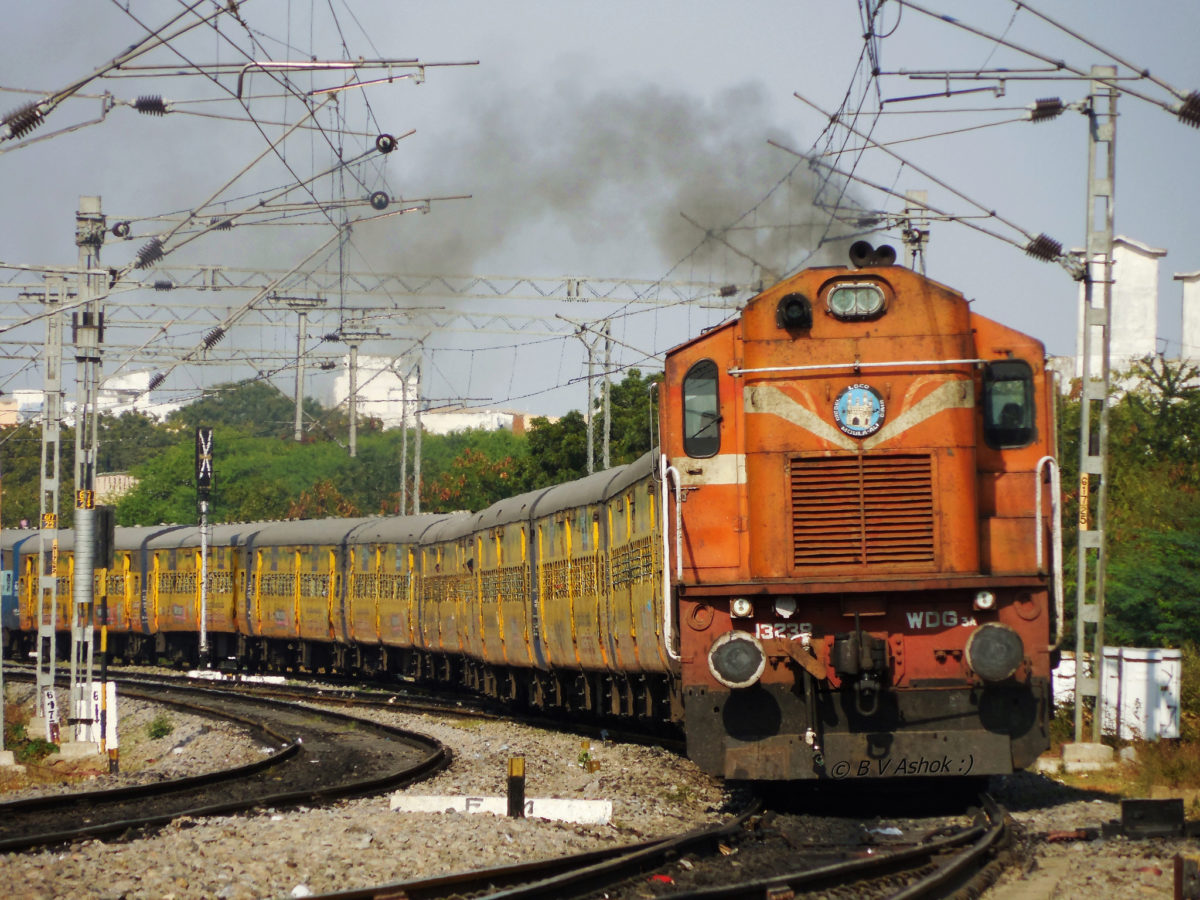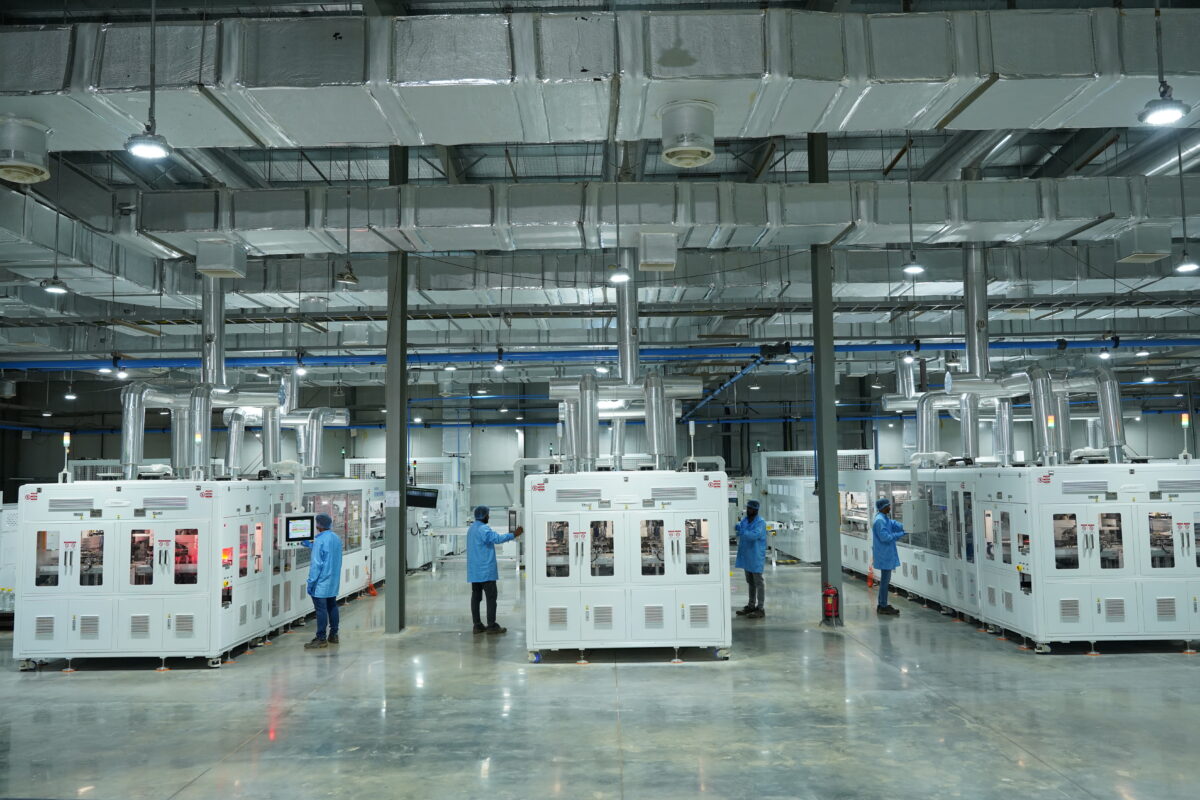Rail is among the most energy efficient modes of transport for freight and passengers, yet it is often neglected in public debate, according to a new report by the International Energy Agency (IEA) prepared in cooperation with the International Union of Railways (UIC).
The Future of Rail report shines a light on “blind spots” in the energy system, which deserve more attention from policymakers.
The report was released recently in New Delhi by IEA executive director Fatih Birol, at an event opened by India’s Minister of Railways, Piyush Goyal, who has won University of Pennsylvania’s Carnot Prize for “pathbreaking transformations in India’s energy sector.”
The report says that the transport sector is responsible for almost one-third of final energy demand, nearly two-thirds of oil demand and nearly one-quarter of global carbon dioxide (CO2) emissions from fuel combustion. Therefore, changes in transportation are fundamental to achieving energy transitions globally.
Highlighting the importance of railways in energy transition, the report adds that while the rail sector carries 8% of the world’s passengers and 7% of global freight transport, it represents only 2% of total transport energy demand.
Thus, “the rail sector can provide substantial benefits for the energy sector as well as for the environment,” said Dr Fatih Birol. “By diversifying energy sources and providing more efficient mobility, rail can lower transport energy use and reduce carbon dioxide and local pollutant emissions.”
The report includes a specific focus on India, where rail remains the primary transport mode. On the basis of announced policies, regulations and projects, it outlines a Base Scenario that projects rail transport in all major countries, including India, to become almost entirely electrified by 2050. The exception is North America, where freight diesel will continue to dominate.
Significantly, the government of India is already keen on leveraging renewable energy to cut Railways’ electricity bills. As part of its ambitious plans, Indian Railways has committed to developing 5 GW of solar by 2025.
This content is protected by copyright and may not be reused. If you want to cooperate with us and would like to reuse some of our content, please contact: editors@pv-magazine.com.









1 comment
By submitting this form you agree to pv magazine using your data for the purposes of publishing your comment.
Your personal data will only be disclosed or otherwise transmitted to third parties for the purposes of spam filtering or if this is necessary for technical maintenance of the website. Any other transfer to third parties will not take place unless this is justified on the basis of applicable data protection regulations or if pv magazine is legally obliged to do so.
You may revoke this consent at any time with effect for the future, in which case your personal data will be deleted immediately. Otherwise, your data will be deleted if pv magazine has processed your request or the purpose of data storage is fulfilled.
Further information on data privacy can be found in our Data Protection Policy.